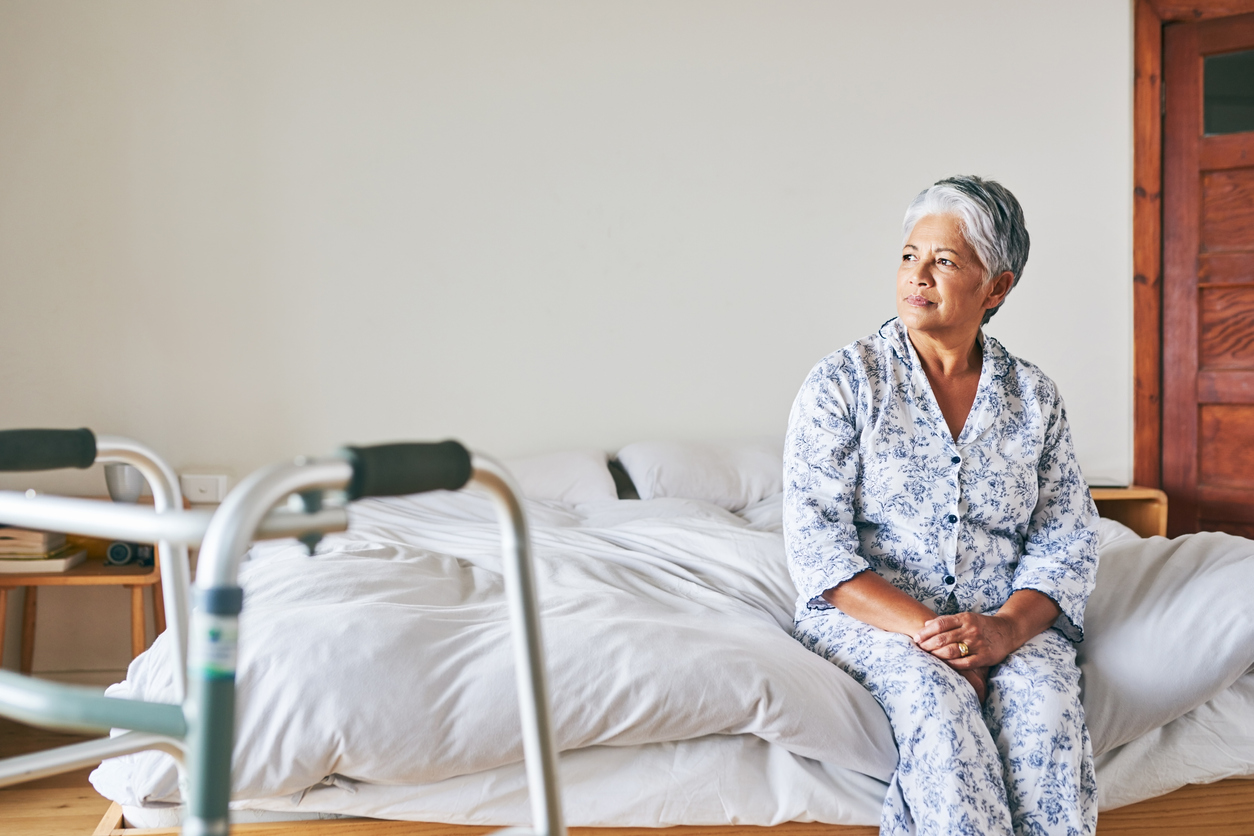The Arizona Legislature is considering allowing long-term care facilities to install video surveillance in common areas, following the rape of a patient at a Phoenix facility last month.
A Hacienda HealthCare nurse was arrested and charged with one count of sexual assault and one count of vulnerable adult abuse after he raped and impregnated an incapacitated patient.
The victim, a 29-year-old woman, was a long-time patient at the nursing facility and gave birth following the rape. Staff didn’t know she was pregnant until she was in labor.
Now, the state is trying to join the 10 other states whose laws allow electronic monitoring and other technology to stop the abuse of vulnerable patients in long-term facilities.
Illinois, Kansas, Louisiana, Maryland, New Mexico, Oklahoma, Texas, Utah, Virginia and Washington have laws that allow surveillance inside nursing homes, assisted living centers and other group residential areas.
“We’re looking into how to make it so parents have more reliable ways to ensure their loved ones are safe,” said Republican Rep. Nancy Barto, the measure’s sponsor. “I’m learning a lot of group homes already do this. Some of those policies are actually working.”
The lawmaker behind the camera legislation says it has “a good chance” of passing, reports ABC News.
Carole Herman, founder of the advocacy group Foundation Aiding the Elderly, says her aunt died of bedsores in a nursing home. While she is unsure if surveillance could have helped her, she believes it could in other cases.
She says cameras in the hallway can show who is at a patient’s bedside and how often a patient is being cared for.
“The industry doesn’t want it obviously,” Herman said. “But if they care about these people, what’s the resistance to these cameras?”
Privacy is one factor that poses an issue to this security measure. Healthcare providers will have to provide evidence that video surveillance will not threaten privacy rights.
Brian Lee, a former Florida long-term care public advocate who heads the advocacy group Families for Better Care, questions how effective the cameras will be when it comes to preventing violence.
“As far as prevention, I don’t know,” Lee said, “but I’ve seen it used for prosecution.”
One expert, Steve Wilder, president of an Illinois-based health care safety and security consulting group, says cameras can be a proactive tool. He says a closed-circuit TV system with multiple monitoring platforms should be implemented.
A common mistake is to have only one monitoring area that nobody is watching.
Just last week, a nurse was beaten to death in a hospital parking garage in Milwaukee. While there was plenty of video surveillance in the garage, it appears that no one was watching the live feed.
“A lot of facilities think cameras give the message of ‘We’re not a safe facility.’ Nothing could be further from the truth,” Wilder said.













